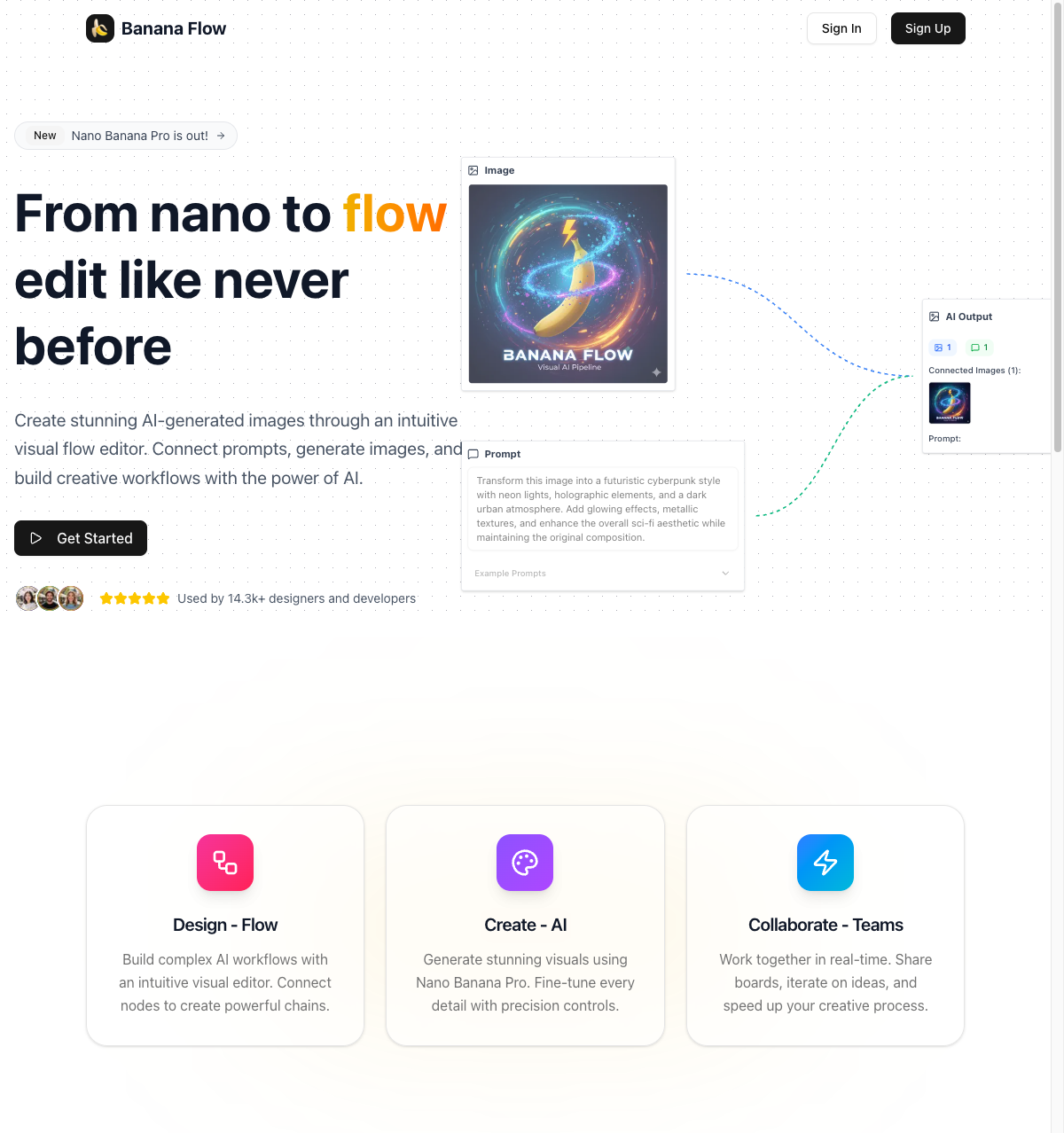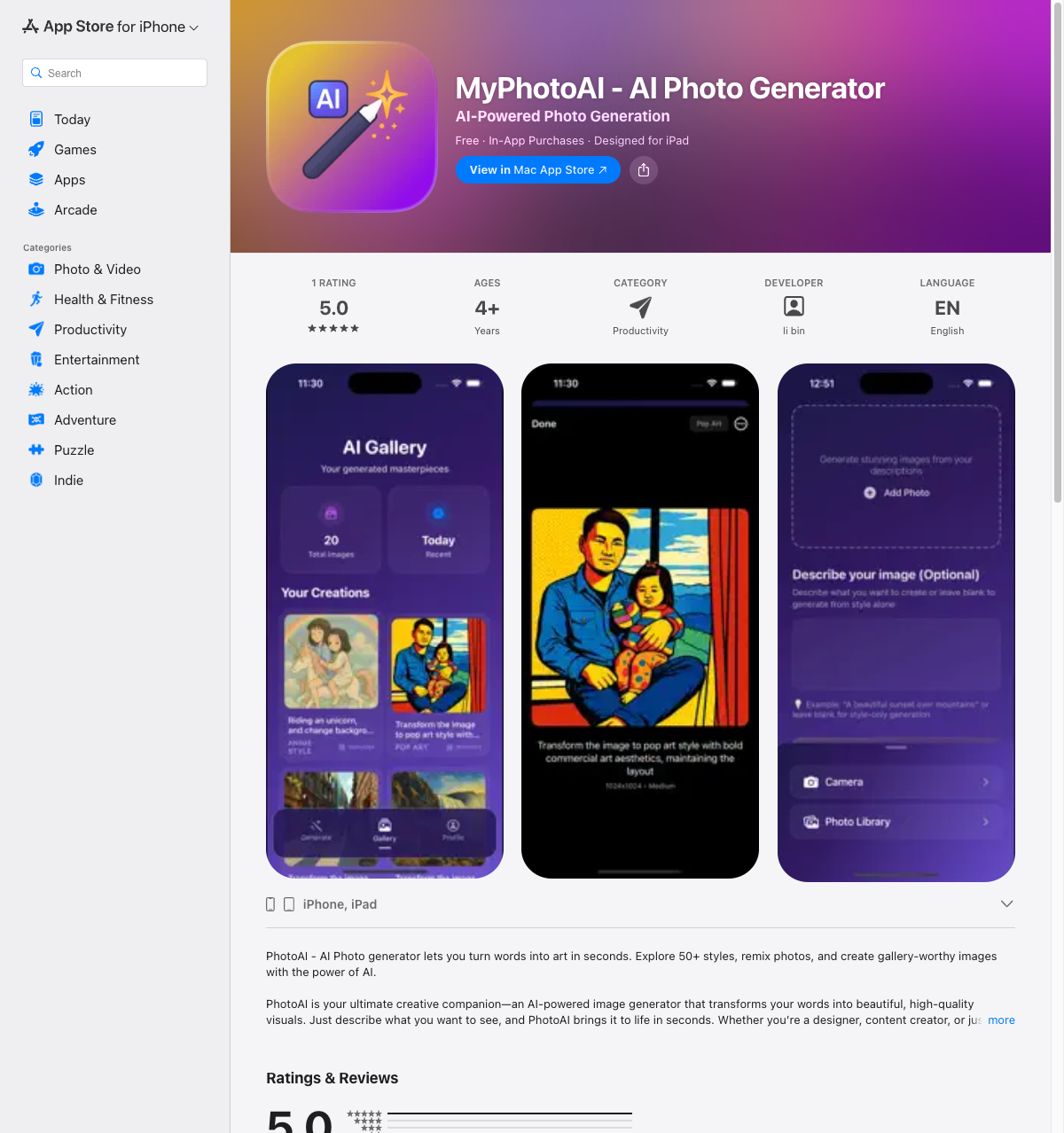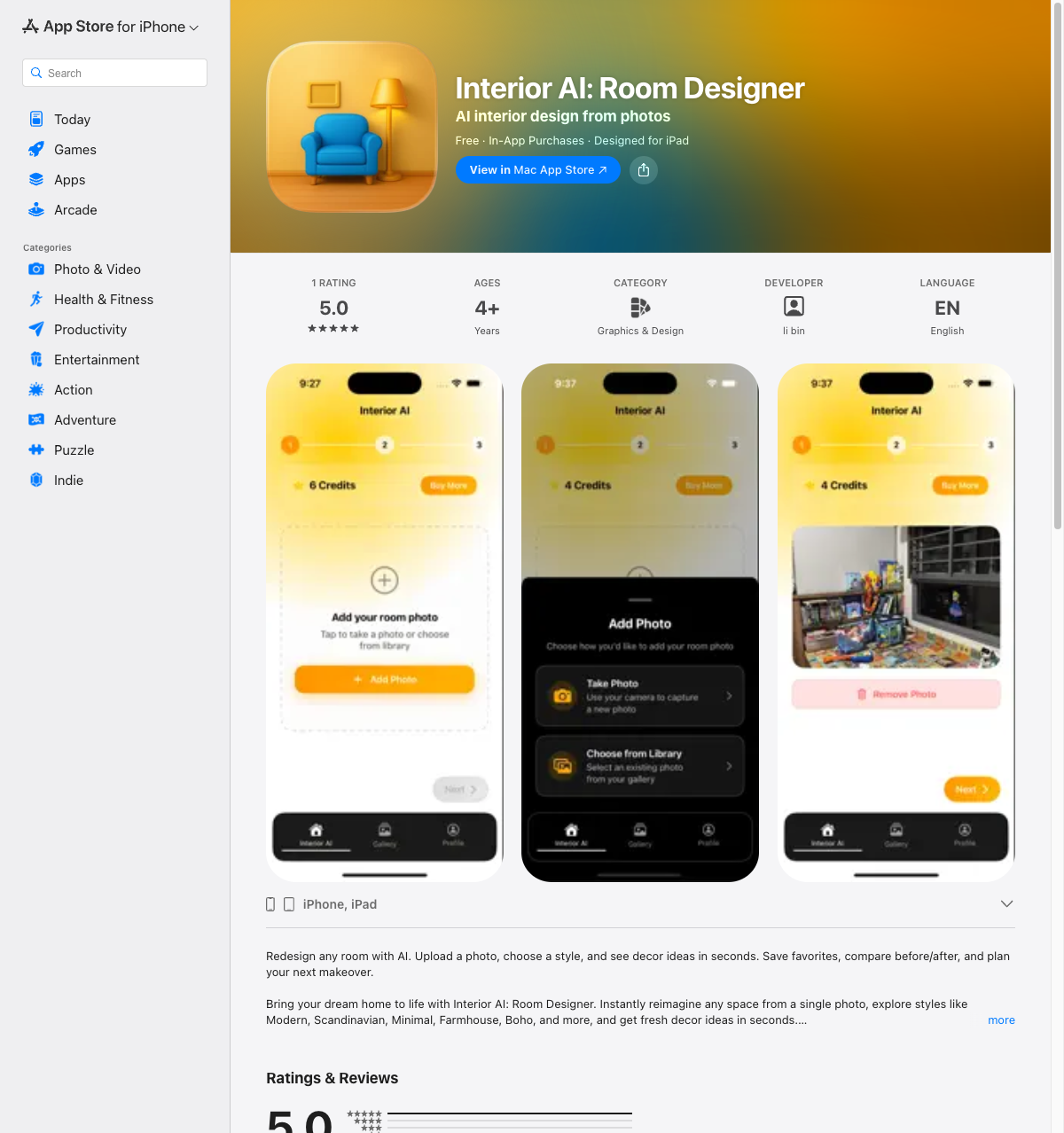Building a Full-Stack Type-Safe Website with OCaml
Key Takeaways
Introduction
In today's fast-paced web development world, building reliable and maintainable applications is crucial. Type safety plays a significant role in catching errors early in the development process, reducing bugs, and improving code quality. OCaml, a statically typed functional programming language, offers robust features that make it an excellent choice for full-stack web development.
This comprehensive guide will walk you through building a full-stack type-safe website using OCaml. We'll explore how to set up your development environment, structure your project, and utilize powerful tools like Dune, Melange, Dream, and ReasonReact to create a seamless and efficient development experience.
Table of Contents
- Why Choose OCaml for Full-Stack Development
- Setting Up Your Development Environment
- Understanding the Project Structure
- Building the Server with OCaml and Dream
- Developing the Client with ReasonReact and Melange
- Using Server Reason React for Full-Stack Development
- Sharing Code and Types Between Client and Server
- Managing Dependencies with Dune and OPAM
- Building and Deploying Your Application
- Conclusion
- Further Resources
1. Why Choose OCaml for Full-Stack Development
Strong Type System
OCaml's powerful static type system catches many errors at compile time, reducing runtime exceptions and improving code reliability. With features like type inference, pattern matching, and algebraic data types, developers can write expressive and safe code.
Functional Programming Paradigm
Embracing functional programming leads to code that is easier to reason about, test, and maintain. OCaml's functional nature promotes immutability and pure functions, reducing side effects and unexpected behaviors.
Performance and Efficiency
OCaml compiles to efficient native code, providing high performance comparable to languages like C or C++. This makes it suitable for server-side applications that require speed and low latency.
Full-Stack Capabilities
With tools like Melange (formerly BuckleScript), OCaml code can be compiled to JavaScript, enabling developers to use OCaml on both the client and server sides. This unification simplifies development and ensures consistency across the entire application.
Active Ecosystem and Tooling
OCaml has a growing ecosystem with modern tools:
- Dune: A build system that simplifies compilation and project management.
- OPAM: The OCaml package manager for handling dependencies.
- Dream: A web framework that makes building web servers straightforward.
- ReasonReact: A set of bindings that allow writing React applications in OCaml syntax.
2. Setting Up Your Development Environment
Before diving into code, it's essential to set up a development environment that supports OCaml full-stack development.
Prerequisites
- OCaml Compiler: Version 5.0 or higher.
- OPAM: The OCaml package manager.
- Node.js: For running JavaScript code on the client side.
- Dune: Build system for OCaml.
- Melange: OCaml-to-JavaScript compiler.
- ReasonReact: For building React components in OCaml.
Installing OCaml and OPAM
First, install OPAM, which will manage your OCaml installation and packages.
# On macOS using Homebrew
brew install opam
# On Ubuntu/Debian
sudo apt install opamInitialize OPAM and install the latest OCaml compiler:
opam init
opam switch create 5.0.0
eval $(opam env)Installing Dune
Install Dune globally using OPAM:
opam install duneInstalling Melange
Melange allows you to compile OCaml code to JavaScript.
opam pin add melange https://github.com/melange-re/melange.gitSetting Up ReasonReact
Install ReasonReact and related packages:
opam install reason react reason-reactVerifying the Installation
Ensure that all tools are correctly installed:
ocaml -version
dune --version3. Understanding the Project Structure
Organizing your project effectively is crucial for maintainability and scalability. A typical full-stack OCaml project might have the following structure:
my_fullstack_project/
├── dune-project
├── server/
│ ├── dune
│ ├── server_main.ml
├── client/
│ ├── dune
│ ├── client_main.re
├── shared/
│ ├── dune
│ ├── types.ml
├── static/
│ ├── index.html
├── package.json
└── README.mdBreakdown of the Structure
- dune-project: Defines the project and its settings.
- server/: Contains server-side OCaml code.
- client/: Contains client-side ReasonReact code.
- shared/: Contains code shared between client and server (e.g., type definitions).
- static/: Holds static assets like HTML, CSS, and images.
- package.json: Manages JavaScript dependencies and scripts.
Configuring Dune
In each directory, create a dune file to specify build instructions.
dune-project
(lang dune 2.9)
(name my_fullstack_project)4. Building the Server with OCaml and Dream
The server side will handle HTTP requests, manage data, and serve the client application.
Installing Dream
First, install Dream using OPAM:
opam install dreamWriting the Server Code
Create server/server_main.ml inside the server/ directory.
(* server/server_main.ml *)
let () =
Dream.run
@@ Dream.logger
@@ Dream.router [
Dream.get "/" (fun _ ->
Dream.html "Hello, world from OCaml server!");
]
@@ Dream.not_foundThis simple server responds with "Hello, world from OCaml server!" when the root URL is accessed.
Configuring Dune for the Server
In server/dune:
(executable
(name server_main)
(libraries dream)
(preprocess (pps ppx_deriving.show)))Building and Running the Server
From the project root, run:
dune build server/server_main.exeExecute the server:
dune exec server/server_main.exeVisit http://localhost:8080 to see the server response.
5. Developing the Client with ReasonReact and Melange
The client side will be a React application written in OCaml syntax, compiled to JavaScript using Melange.
Initializing the Client
Inside the client/ directory, create client_main.re.
/* client/client_main.re */
[@react.component]
let make = () => {
<div> "Hello, world from ReasonReact!"->React.string </div>;
};Configuring Dune for the Client
In client/dune:
(executable
(name client_main)
(modes js)
(libraries reason-react)
(preprocess (pps melange.ppx)))Setting Up
In the project root, create package.json to manage JavaScript dependencies.
{
"name": "my_fullstack_project",
"version": "0.1.0",
"scripts": {
"build": "dune build",
"start": "dune exec server/server_main.exe"
},
"dependencies": {
"react": "^17.0.2",
"react-dom": "^17.0.2"
}
}Install dependencies:
npm installCompiling the Client Code
Run:
dune build client/client_main.bc.jsThis compiles the ReasonReact code to JavaScript.
Serving the Client Application
Update the server code to serve the compiled JavaScript and an HTML page.
Update server/server_main.ml:
let () =
Dream.run
@@ Dream.logger
@@ Dream.router [
Dream.get "/" (fun _ ->
Dream.from_filesystem "static" "index.html");
Dream.get "/client_main.bc.js" (Dream.static "client/client_main.bc.js");
]
@@ Dream.not_foundCreate static/index.html:
<!DOCTYPE html>
<html>
<head>
<meta charset="UTF-8" />
<title>Full-Stack OCaml App</title>
</head>
<body>
<div id="root"></div>
<script src="/client_main.bc.js"></script>
</body>
</html>Now, when you run the server and visit http://localhost:8080, you should see "Hello, world from ReasonReact!" rendered on the page.
6. Using Server Reason React for Full-Stack Development
Server Reason React supports full-stack OCaml with server-side rendering (SSR) and static site generation (SSG) for ReasonReact components, balancing compatibility for both client and server.
Setting Up Server Reason React
-
Install Core Packages
opam install server-reason-react dream -
Create and Configure Components
Define components like
MyComponent.reto support SSR:/* MyComponent.re */ [@react.component] let make = () => { }; -
Dune Configuration for Universal Code
Use
server-reason-react.react,server-reason-react.reactDom, andserver-reason-react.ppxin your Dune file:(executable (name server_main) (libraries dream server-reason-react.react server-reason-react.reactDom) (preprocess (pps server-reason-react.ppx))) -
Universal Code Structure
Server Reason React enables creating shared components compatible across client and server. To ensure compatibility:
- Browser-Only Code: Use
browser_onlyorswitch%platformto mark client-only functions. - Externals and Attributes:
melange_ppxsupportsmel.*attributes, pipe-first (->), and JavaScript-style regex (%re) for seamless integration with JavaScript.
- Browser-Only Code: Use
-
Server Rendering with Dream
Integrate SSR within Dream:
open Dream let () = Dream.run @@ Dream.logger @@ Dream.router [ Dream.get "/" (fun _ -> let rendered_html = ReactDOM.renderToStaticMarkup(MyComponent.make()) in Dream.html ("")) ] @@ Dream.not_found -
Client-Side Hydration
Use
static/index.htmlto load the JavaScript: -
Build and Run
dune build dune exec server/server_main.exe
Visit Server Reason React Documentation for detailed guidance.
7. Sharing Code and Types Between Client and Server
One advantage of using OCaml for both client and server is the ability to share code and types across both.
Defining Shared Types
Create shared/types.ml:
(* shared/types.ml *)
type message = {
content : string;
author : string;
}
[@@deriving show, yojson]This defines a message record type with deriving annotations for automatic generation of serialization functions.
Configuring Dune for Shared Code
In shared/dune:
(library
(name shared)
(public_name my_fullstack_project.shared)
(libraries yojson ppx_deriving_yojson))Using Shared Types on the Server
Modify server/server_main.ml:
open Shared.Types
let () =
Dream.run
@@ Dream.logger
@@ Dream.router [
Dream.get "/api/message" (fun _ ->
let msg = { content = "Hello from server"; author = "OCaml Server" } in
Dream.json (Yojson.Safe.to_string (message_to_yojson msg))
);
]
@@ Dream.not_foundUsing Shared Types on the Client
Modify client/client_main.re:
/* client/client_main.re */
[@react.component]
let make = () => {
let (state, setState) = React.useState(() => None);
React.useEffect0(() => {
Js.Promise.(
Fetch.fetch("/api/message")
|> then_(response => response##json())
|> then_(json => {
let msg = Shared_Types.message_of_yojson(json);
setState(Some(msg));
resolve();
})
|> catch(_ => {
resolve();
})
);
});
switch (state) {
| Some(msg) =>
<div>
<h1> {React.string(msg.content)} </h1>
<p> {React.string("From: " ++ msg.author)} </p>
</div>
| None => <div> "Loading..."->React.string </div>
};
};8. Managing Dependencies with Dune and OPAM
Efficient dependency management ensures that your project is reproducible and manageable.
Using OPAM for OCaml Dependencies
All OCaml dependencies are specified in the dune files and installed via OPAM.
Install dependencies:
opam install dream yojson ppx_deriving reason react reason-react melangeManaging JavaScript Dependencies with npm
JavaScript dependencies are listed in package.json and installed using npm.
Install dependencies:
npm installLocking Dependencies
For reproducible builds, consider creating lockfiles:
- OPAM: Use
opam lockto generate anopam.lockedfile. - npm: Use
package-lock.jsonoryarn.lock.
Dune Build Profiles
Use Dune build profiles to manage different build configurations, such as dev and release.
9. Building and Deploying Your Application
Building for Production
Compile the server and client in release mode:
dune build --profile releaseServer Deployment
The server executable can be deployed to any server or cloud platform that supports OCaml native binaries.
Client Deployment
The compiled JavaScript files can be served as static assets via a CDN or static hosting service.
Continuous Integration and Deployment
Set up CI/CD pipelines to automate testing and deployment:
- Use tools like GitHub Actions, GitLab CI/CD, or Jenkins.
- Automate builds, tests, and deployment steps.
Monitoring and Maintenance
- Implement logging and monitoring on the server.
- Use tools like Prometheus or Grafana for metrics.
10. Conclusion
Building a full-stack type-safe website with OCaml provides numerous benefits, including enhanced reliability, maintainability, and developer productivity. By leveraging OCaml's strong type system and functional programming features across both the client and server, you create a consistent and robust application.
With tools like Dune for building, Melange for compiling to JavaScript, Dream for server-side web development, and ReasonReact for client-side applications, the OCaml ecosystem offers everything you need to build modern web applications.
11. Further Resources
- OCaml Official Website
- Dune Documentation
- Melange Documentation
- Dream Web Framework
- ReasonReact Documentation
Happy coding!
Vibe Code to Glory - Side Projects 2026

AI Banana Flow
Web

SG Passport Photo
Web

MyPhotoAI
iOS

Interior AI: Room Designer
iOS